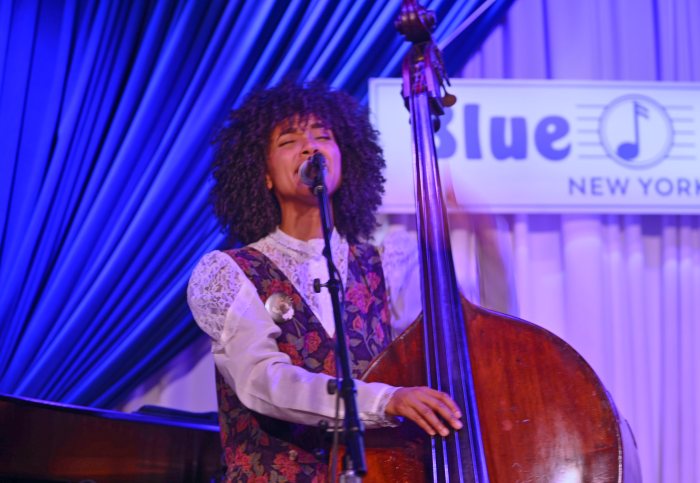“Call Me by Your Name,” out Friday, is a coming of age story about a stolen romance that takes place in Northern Italy in the early ’80s, adapted from the 2007 André Aciman novel by the same name.
The film explores the secret sexual attraction between 17-year-old Elio Perlman (Timothée Chalamet) and Oliver (Armie Hammer), an arrogant 20-something who is interning for Elio’s father, Mr. Perlman — played by Michael Stuhlbarg.
Stuhlbarg’s performance in “Call Me by Your Name” sneaks up on you and leaves an impression after the credits roll. As a supporting character, his ability to give the audience an understated performance that serves a powerful punch attests to how well he can service the emotional crux of a story.
amNewYork spoke with the actor about his performance and the road to the Oscars.
You have a really powerful scene at the end of this film. How did you work toward that scene?
In this case, I had the benefit of shooting in chronological order. It never happens, so I kind of lucked out. I had weeks to get to know Timothée Chalamet and Armie. The time was impactful for all of us. I had a lot of time to live with it, so by the time it came around to shoot it we were all ready. We had lived through the telling of most of the story.
Has doing this film given you a new insight on lost love?
I guess I would have to refer to Mr. Perlman’s words: What a shame it would be for us to push away the feelings that we have, even in times of despair, or in times of pain or a loss of love in particular — how wonderful it is that we can, if we’re lucky enough, to feel so deeply. As painful as it might be, maybe the pain represents how much you actually loved someone.
What was your relationship to the book?
It became a bible for us on the set. I read it during the making of the film. As for my character, there was a lot to absorb. Him being a Latin and Greek professor, who dabbled in archaeology and art history, who spoke Italian — there was a lot to try and make second nature. I felt like he was a wonderfully wily and liberal parent. His perspective on his son was present and loving.
What do you think your character would think about the progress of the LGBTQ community?
I think he’s a humanist and that love is love is love. He would be a champion of everyone’s rights and everyone’s abilities and right to be who they are in the way they choose to be.
What do you make of the Oscar buzz and campaigning?
I love talking about this piece. There was a lot of joy in the making of it. As far as the whole awards portion of the season, if it means more people will get to see the film, then it’s a wonderful thing. I’m humbled by the response that people have had. It’s been a singular experience thus far.





































